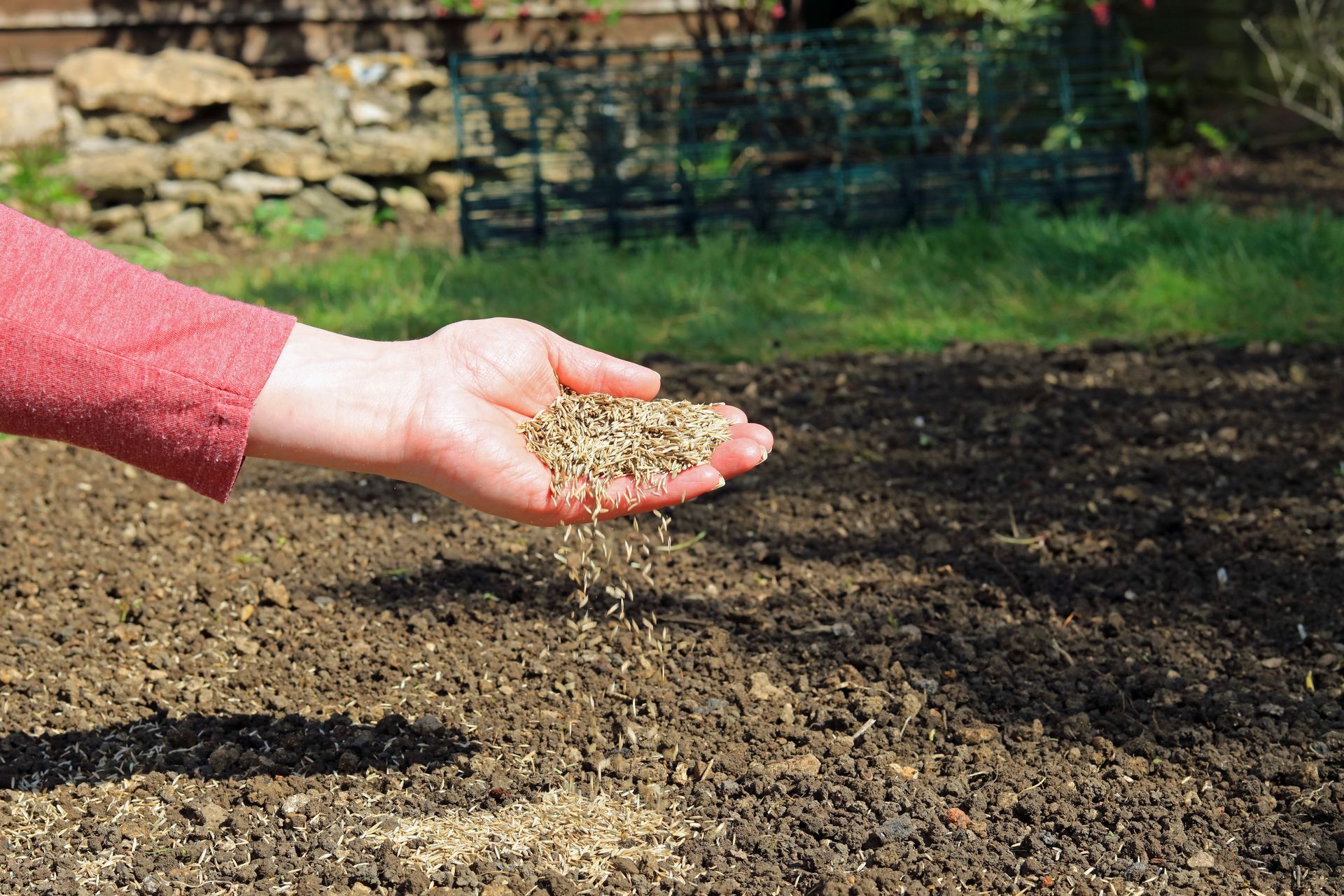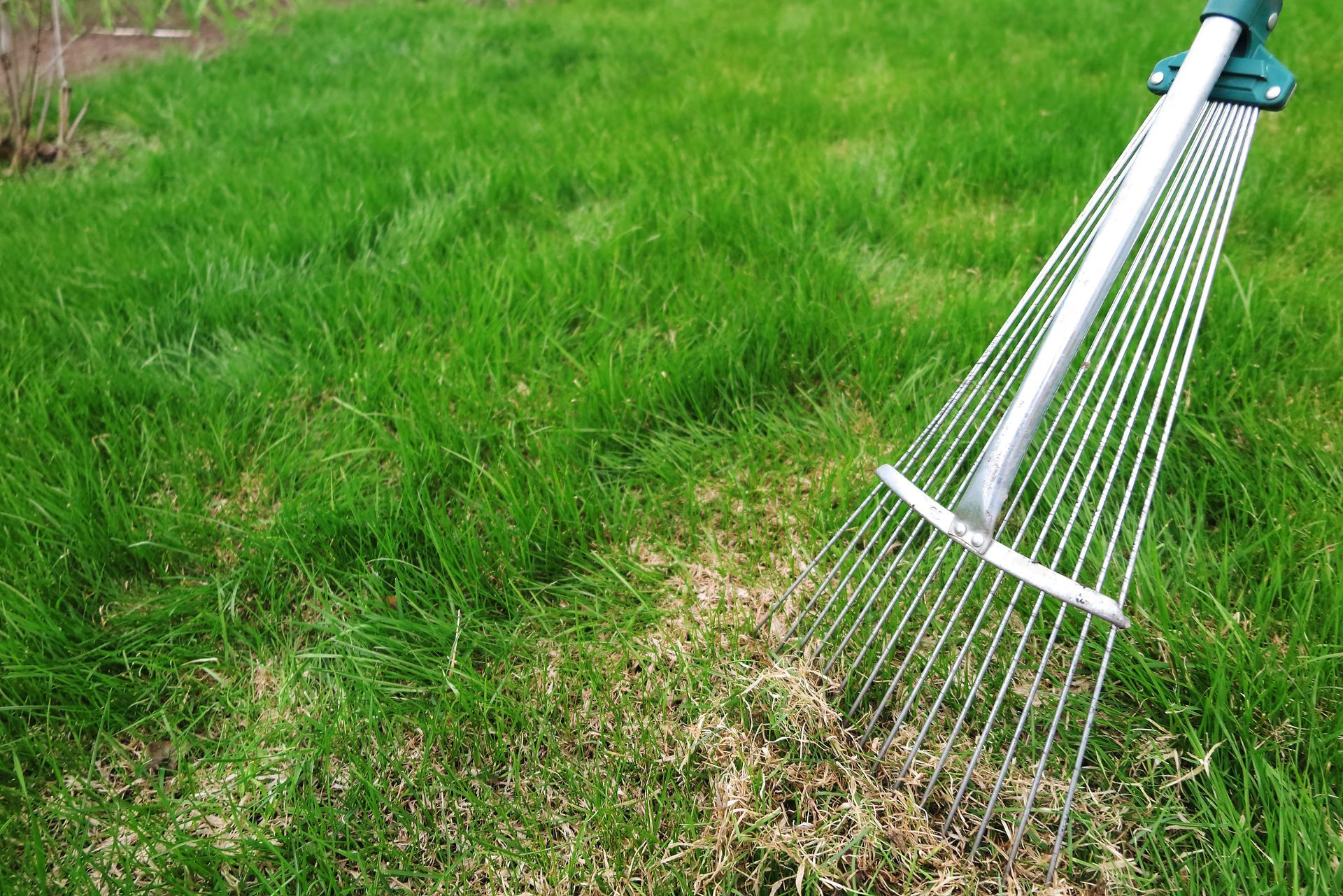February 15, 2021
Keep an Eye Out for These Michigan Lawn Diseases - visionary fertilization
Our winter weather is crazy when it comes to snowfall and freezing temperatures that make it feel like your face is going to fall off! When it comes to our lawns, they may feel just as cold as we do, and just like humans, lawns can easily get sick as well. Some of the diseases that happen in Michigan are due to the snow and cold too. In fact, there are a few winter lawn diseases that we need to look out for even when snow is covering them. Below are the most common in our area, and ones you should be aware of to keep your lawn protected!
Snow Mold
Also by the name of Grey Snow Mold
, (the most common strain), this mold actually presents itself as more of a dust-like spot only our turf. When your snow melts, you could notice that your lawn looks a little dried out, specifically on the top. But with this particular winter lawn disease, it is likely that this indicates your lawn is holding moisture in when it shouldn’t be. Snow mold on your lawn isn’t going to be the end all be all for your turf, it is a fixable issue. Once the snow melts and spring comes, you will be able to perform spring aeration and remove some thatch. However, one good tip is to steer clear of excess snow on your lawn. So when you are shoveling, push it into the street rather than piling it onto your turf.
lawn looks a little dried out, specifically on the top. But with this particular winter lawn disease, it is likely that this indicates your lawn is holding moisture in when it shouldn’t be. Snow mold on your lawn isn’t going to be the end all be all for your turf, it is a fixable issue. Once the snow melts and spring comes, you will be able to perform spring aeration and remove some thatch. However, one good tip is to steer clear of excess snow on your lawn. So when you are shoveling, push it into the street rather than piling it onto your turf.
Winter Broadleaf Weeds
This is a tough one to get into because this isn’t just one singular issue. Winter broadleaf weeds include chickweed, common vetch, and so many more. During the winter, all lawns become dormant – they are essentially in hibernation to protect themselves from the snow. The winter broadleaf weeds will take advantage of this and sneak up on your lawn when it has little to no defense against them. To ensure that your turf is protected to the fullest extent, you will need to take preventative measures .
Red Thread Lawn Disease
The technical name for the Red Thread disease is Laetisaria Fuciformis. If you have Kentucky bluegrass, bentgrass, or ryegrass, your turf may be much more susceptible to contact racing this disease. Fortunately for property owners, this disease can be fought, even when caught late (which it usually is). It tends to occur most when there is moisture in the turf, so in humid or rainy temperatures. Here in Michigan, that’s generally late winter and late summer.
Are You Looking for Protection for Lawn This Winter? Pre-Winter Fertilizing Could Be For You
Winter in Michigan can be hard on your lawn, don’t let it get the best of it. Visionary Fertilization can help your lawn thrive, even when it is covered in snow. Don’t risk your turf being exposed and unprotected all winter. Our team at Visionary Fertilization offers an extensive and perfected lawn care program that includes a pre-winter fertilizer application.
To learn more about these services, contact us by phone at 586-281-9205 or by leaving us a message here . Check out our blog for more lawn care tips and tricks.




